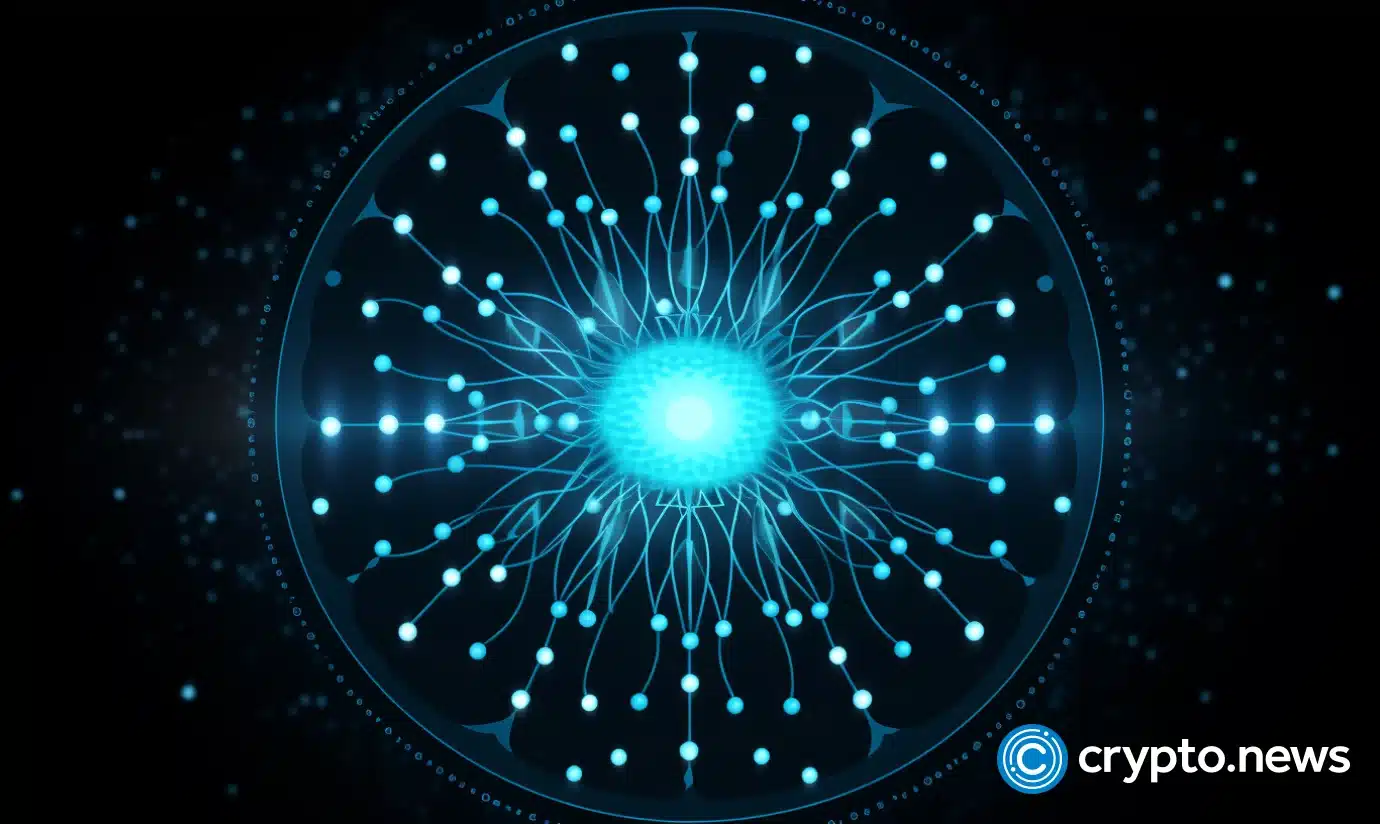Guide: Smart Contracts
Smart contracts are made up of computer code that perform a set of pre-determined instructions on a blockchain. Let’s take a closer look at what they are and how they work. What are smart contracts? Smart contracts consist of...

Smart contracts are made up of computer code that perform a set of pre-determined instructions on a blockchain.
Let’s take a closer look at what they are and how they work.
What are smart contracts?
Smart contracts consist of computer code that carries out a set of pre-determined instructions. With smart contracts, there’s no need to trust a middleman. No-one holds your personal information or verifies it. Instead, the blockchain verifies it.
How do smart contracts work?
A smart contract includes an instruction written in computer code that states, “if X happens, do Y.” A particular action will be triggered once the pre-defined terms have been met.
The terms of the agreement are digitally stored on the blockchain and therefore can be easily tracked, but once defined, cannot be altered. Both parties involved in the transaction must agree to the terms of the smart contract and can be sure that if the terms aren’t fulfilled, the contract won’t be completed.
Often, smart contracts are used as digital agreements that complete the transfer of cryptocurrencies without the need for an intermediary. Once the agreement has been set, the smart contract verifies that the terms have been fulfilled and the assets will be exchanged.
What are the benefits of smart contracts?
Let’s take a closer look at some of the benefits of smart contracts.
Secure: they utilize cryptography to ensure records cannot be altered.
Autonomous: they operate automatically, saving time.
Transparent: anyone can view the smart contract on the blockchain.
No-intermediary: there’s no need for a middleman to verify information as the blockchain does it.
Applications
Smart contracts have been applied in a number of areas, including banking and insurance, where assets are transferred after certain pre-defined terms have been met.
They are an essential component of the DeFi space and power popular protocols like Uniswap and Aave. DApps or decentralised applications can be considered a series of interconnected smart contracts. One smart contract can be used for just one type of transaction. A DApp can combine multiple smart contracts to complete more complicated things.
They also facilitate the trustless distribution of tokens in Initial Coin Offering (ICO) events.
Weaknesses
It is important to note though that smart contracts aren’t always perfect. Often, once launched, they cannot be updated or altered which can lead to issues if there are underlying problems with the code.
While they are secured by blockchain technology, their design also needs to be secure. Otherwise, errors in their code may be exploited.
Top smart contract platforms
Below are the top 5 smart contract platforms by market capitalisation.
1. Ethereum
Market cap: $315B (as of January 26, 2021)
Ethereum is a decentralised, open-source platform powered by blockchain technology with smart contract functionality. In layman’s terms, a global computer.
2. Cardano
Market cap: $37.38B
Cardano is an open-source blockchain project.
3. Solana
Market cap: $31.64B
Solana is a smart contract-based, open-source blockchain designed to host decentralised applications.
4. Terra
Market cap: $26.20B
Terra is a blockchain built on Cosmos whose goal is to create a network of decentralised stablecoins.
5. Polkadot
Market cap: $18.94B
Polkadot is a “multi-chain” network that’s designed to connect blockchain networks
Disclaimer: NOT FINANCIAL NOR INVESTMENT ADVICE. Only you are responsible for any capital-related decisions you make and only you are accountable for the results.
Delegate Your Voting Power to FEED DRep in Cardano Governance.
DRep ID: drep12ukt4ctzmtf6l5rj76cddgf3dvuy0lfz7uky08jfvgr9ugaapz4 | We are driven to register as a DRep by our deep dedication to the Cardano ecosystem and our aspiration to take an active role in its development, ensuring that its progress stays true to the principles of decentralization, security, and community empowerment.DELEGATE VOTING POWER!







